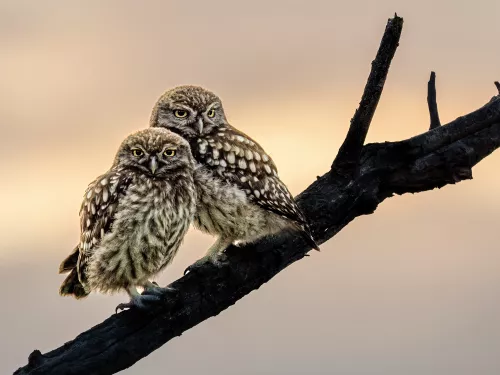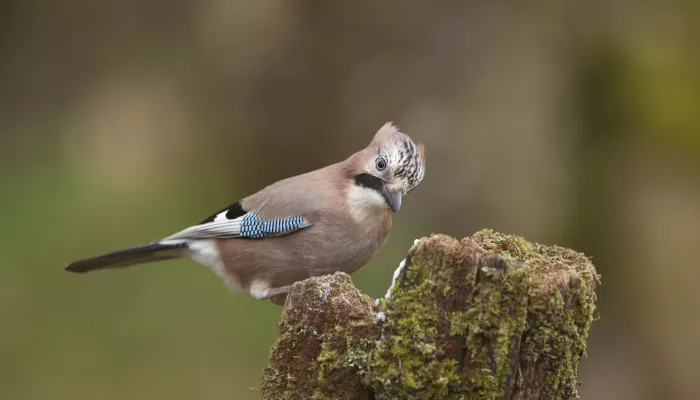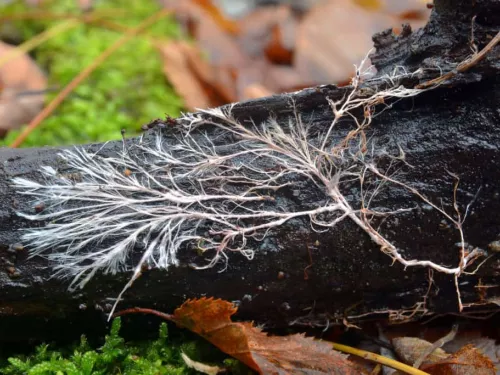
If you go down to the woods today – 9 surprising animals to look out for amongst the Kentish trees
Volunteer Matt Huggins explores some of the lesser-known but still fascinating animals that grace our woodlands.


Volunteer Matt Huggins explores some of the lesser-known but still fascinating animals that grace our woodlands.

Volunteer Matt Huggins explores the underground secrets of mycorrhizal networks and how they help trees to communicate with one another.

You hear “shark”, you think Jaws. Sadly, this is true for many of us… but then who hasn’t been slightly traumatised by Steven Spielberg’s enduring epic?